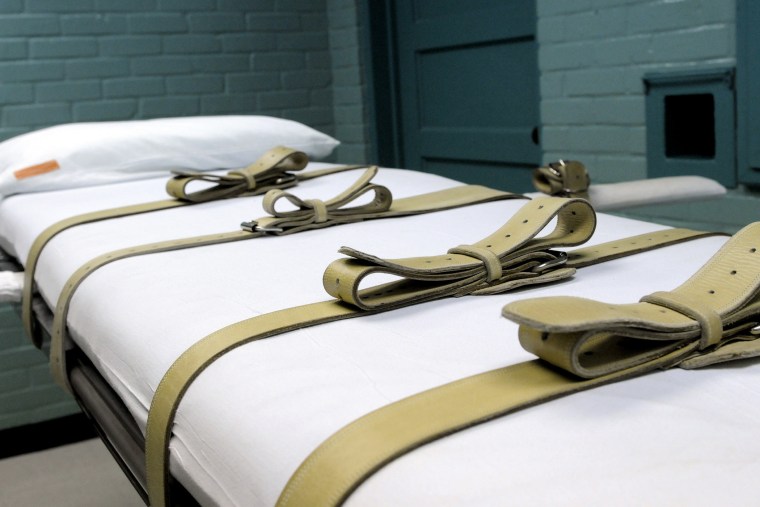The planned executions of two Texas men will continue as scheduled after a federal appeals court reversed a lower court's order staying the lethal injections until the state revealed information about the drugs it plans to use.
District Court judge Vanessa Gilmore ruled Wednesday that Texas must share test results of the drugs to be used and disclose their suppliers to attorneys for convicted killers Tommy Lynn Sells, 49, and Ramiro Hernandez-Llanas, 44, to ensure the drugs aren't contaminated or have unintended side effects. But the 5th U.S. Circuit Court of Appeals overturned that ruling several hours later, agreeing with the state attorney general's office that Gilmore's order was improper, calling an appeal from the inmates' lawyers a delay tactic.
The decision comes as challenges to similar laws are being heard across the country.
Presently, Texas is one of a dozen states that has or is in the process of passing laws that allow officials to keep information about execution drugs secret. Attorneys for death row inmates argue that secrecy laws violate due process rights and make it impossible to be sure drugs used in lethal injection will not cause a painful death that amounts to cruel and unusual punishment. State officials have argued the laws protect suppliers from protest and harassment.
Last week, a judge in Oklahoma ruled that state corrections officials had to disclose information about the drugs they planned to use in two upcoming executions. Judge Patricia Parrish said on March 26 that the secrecy law there violated constitutional due process rights. The state is expected to appeal the decision, and the executions are currently scheduled for the end of April.
Oklahoma Assistant Attorney General told lawyers Tuesday that the state plans to use a previously untested three-drug cocktail in the executions. While the state has indicated it will share information about the drugs to be used in the executions of the men there, it will not provide lawyers for the inmates with information about the supplier.
Since the manufacturer of the drug used frequently in executions stopped selling it for that use, shortages have led states to turn to drug combinations with spotty records and to suppliers who may not be subject to drug safety oversight. A previously untested combination of drugs used in Ohio earlier this year left the inmate gaspling for breath. That man's family filed a lawsuit against the state in the man's death.
The Texas execution of serial killer Sells is currently set for Thursday, followed by the execution of Hernandez-Llanas next week. The case is now expected to head to the U.S. Supreme Court.
